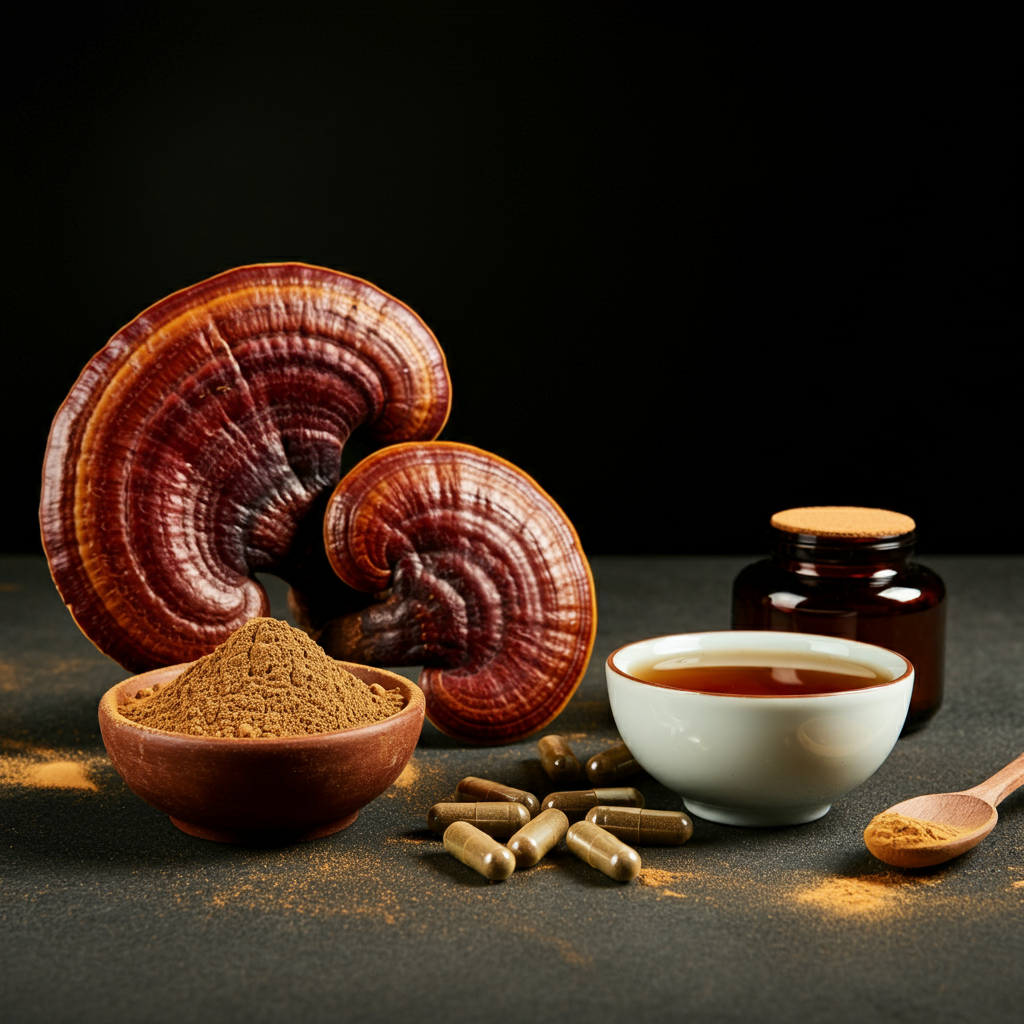Lentinula edodes mycelia extract plus adjuvant chemotherapy for breast cancer patients: Results of a randomized study on host quality of life and immune function improvement
Authors: Yukiko Nagashima, Shigehumi Yoshino, Shigeru Yamamoto, Noriko Maeda, Tatsuya Azumi, Yoshifumi Komoike, Kiyotaka Okuno, Tsutomu Iwasa, Junji Tsurutani, Kazuhiko Nakagawa, Oka Masaaki, and Nagano Hiroaki
Journal: Molecular and Clinical Oncology
Study Design: Randomized, double-blind, placebo-controlled study
Participants: 47 female breast cancer patients scheduled to receive postoperative adjuvant anthracycline-based chemotherapy
Intervention: The patients were randomly divided into two groups:
- LEM group (n=23): Received 1,800 mg/day of Lentinula edodes mycelia extract (LEM) orally for 6 weeks (during the first 2 courses of chemotherapy)
- Placebo group (n=24): Received placebo tablets orally for 6 weeks (during the first 2 courses of chemotherapy)
Outcome Measures:
- Quality of life (QOL) assessed using the Functional Assessment of Cancer Therapy (FACT) for patients receiving Biological Response Modifiers (BRM), version 4
- Adverse events (AEs)
- Immune parameters: Th1/Th2 balance, regulatory T cells (Tregs), and natural killer (NK) cell activity
Summary: The study aimed to evaluate the effectiveness of LEM in improving the quality of life (QOL) and immune function in breast cancer patients receiving adjuvant anthracycline-based chemotherapy. The results showed that LEM helped maintain QOL scores, particularly in terms of physical well-being and functional well-being, compared to the placebo group, where QOL scores decreased significantly during chemotherapy. LEM also appeared to inhibit the increase in the proportion of regulatory T cells (Tregs), which are associated with immunosuppression. The study concluded that oral LEM may be a useful adjuvant for breast cancer patients receiving anthracycline-based chemotherapy, helping to maintain QOL and immune function.

No responses yet